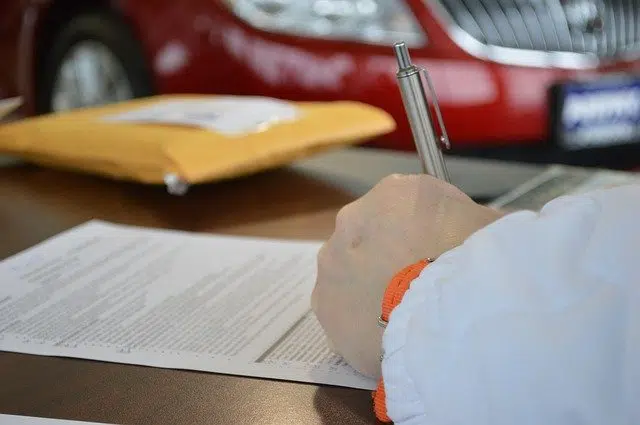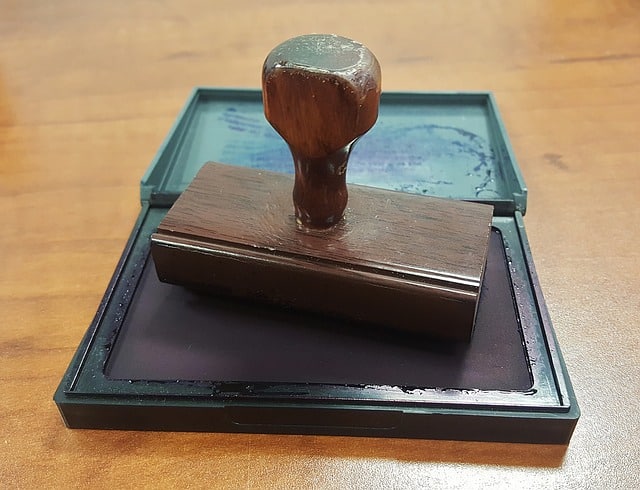
The notary certifies the validity of the documents
A notary is an official who is responsible for giving public attestation . This is an authority that has the power to confirm the authenticity or validity of a document .
Legitimacy certification
Many times notaries are notaries or notaries : people authorized to attest to certain acts. As for the concept of attesting, it consists of the power that the State grants to certain individuals to certify the legitimacy of something .
The notaries, therefore, carry out the service of public faith. Its task is to compare a document displayed as an original and a copy, thus being able to authenticate the fidelity of its content. Once the notary certifies, the copy can be used in various procedures and procedures with the same function as the original document.
The notary, in short, is dedicated to notarizing documents . People bring him documents and he has to attest to their authenticity with his signature and seal. The certification of signatures and the sealing of authenticated copies are also functions of the notary.
Originating and derived public faith
This concept admits a classification that divides it into two types. On the one hand, we have the original public faith , which does not have many theoretical sources despite being a legal institution of great importance . This is what takes place when the notary perceives through his senses the characteristics of what is presented to him for certification, such as a public deed or a will.
The original public faith can also be granted by a consular official , among others. On the other hand, there is derived public faith , which occurs when the certified object is not perceived by the notary through his senses, such as when he sends a certified copy of a document or a legalization of reproduction, which are not part of the document. of the notarial protocol.
Membership records, minute books and share registrations are some of the documents that can be sent by certified copy in this case. Some public officials can also provide this type of public faith.
Notary limits
The scope of a notary's work , however, depends on the legislation of each country. It is important to avoid conflicts of interest , since a notary could take advantage of his or her rank for personal benefit.
If a notary is also a lawyer who has his own law firm, to cite one possibility, he would be in a position to generate evidence as a notary that could later be used in a trial. That is why the law seeks to overcome these problems through different regulations and requirements.
Classes
Unlike other positions, the division of the classes of notaries is remarkably complex. We are not faced with two or four, but many more, which in turn are grouped into classifications. More precisely, in at least fifteen classifications , within which there is a subdivision.

There are district, provincial, regional and international federators, among others.
Let's start with the first classification: in this group we can find the district, provincial, departmental, regional, national and international class federators. In order not to go on too long, we will take a look at the sixth: it brings together the federators that are governed by private activity, those of public activity and others.
In the eleventh classification, on the other hand, are the federators who have their own premises to carry out their professional tasks, but also those who do not have one. In the next one are those who have personnel in their charge and those who do not. And, continuing with this binary grouping, the fourteenth opposes those who enjoy a notarial protocol with those who do not.
